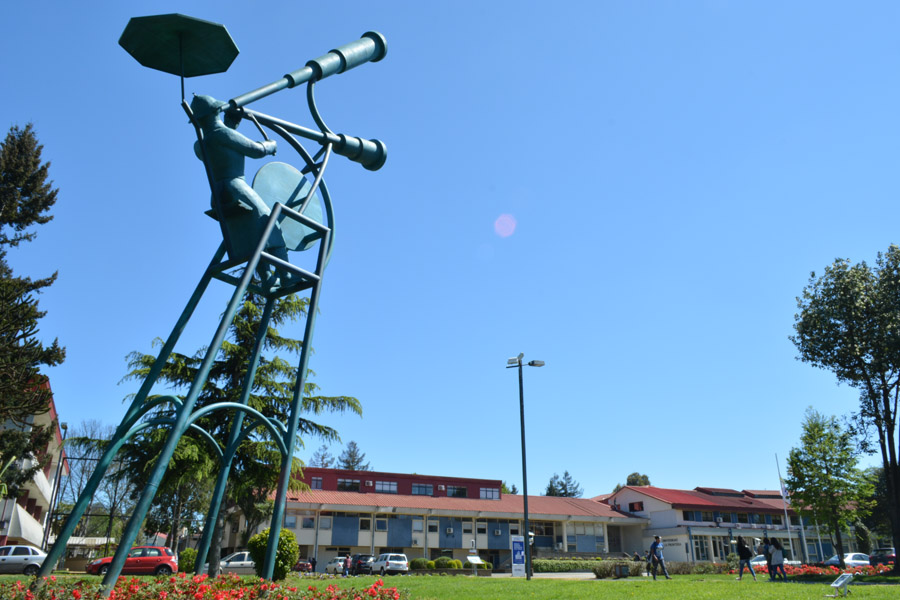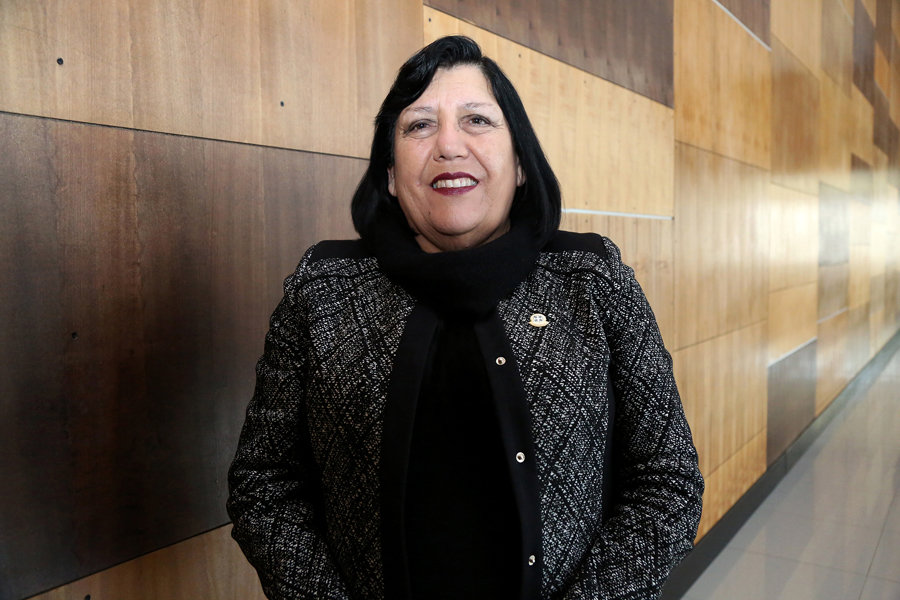|
The Universidad de La Frontera is one of four regional universities of the U.S.-Chile University Partnerships Program, a competitive initiative that supports the growth of institutional internationalization strategies of the benefiting educational establishments. |
The institutional project is organized by the Vice-rectorate for Academic Affairs and will strengthen the institutional internationalization strategy by ascribing to a U.S.-Chile University Partnerships Program that will allow the Universidad Católica de la Santísima Concepción, Universidad Bío-Bío, Universidad Austral de Chile and Universidad de La Frontera to strengthen their comprehensive internationalization strategies by opting for the best methods in that field, under the guidance of the experience of U.S. universities. Dr. Gloria Rodriguez, Vice-rector for Academic Affairs, confirmed that earning this project is part of the institution´s aim to advance to perfection regarding the internationalization strategies. She pointed out: “Being part of this program allows us to learn from the best and to develop a comprehensive view on internationalization that includes dimensions such as institutional management, administration, curriculum, faculty policies, student mobility, innovation and research. All of that covered in a systematic and transversal manner, developing the institutional capacities that are necessary for going beyond our borders.” The U.S.-Chile University Partnerships Program will be extended for eight months and divided into three parts: 1) establishments that have one basic line of current internationalization strategies in Chilean universities; 2) training applied by the American Councils and U.S. experts in order to improve the guidelines for internationalization; 3) strategy implementation, mentoring and guidance. Dr. Pamela Leal, director of the International Affairs Office at the Universidad de La Frontera, explained: “This initiative will benefit institutional relations in higher education and especially the researchers and teachers who will have the opportunity to create new networks for academic collaboration and exchange for joint projects.”
Written by: Pamela Carrasco
Communications Office |






